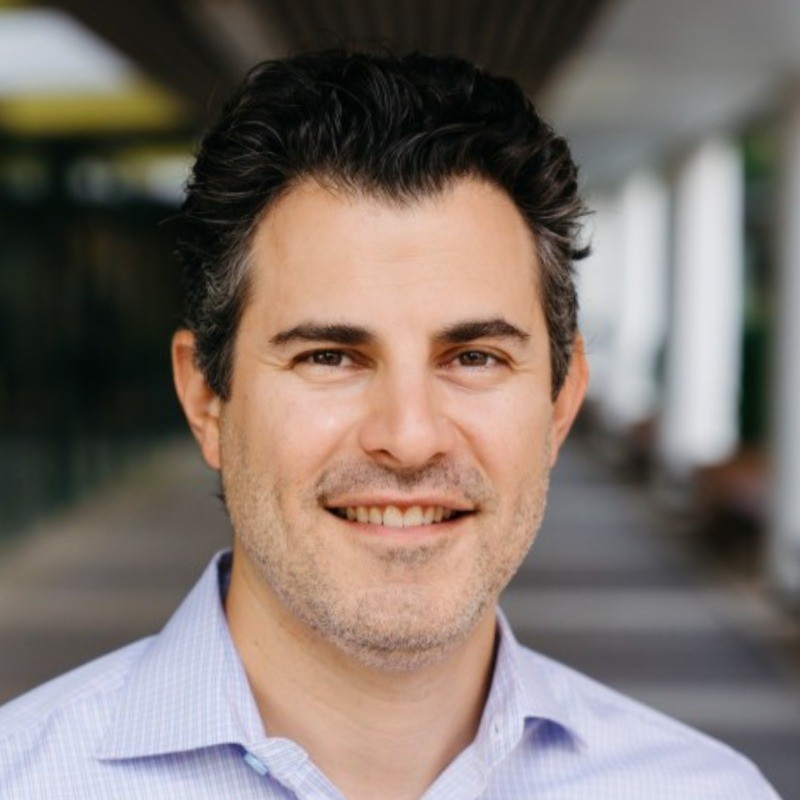FinTech
Thought Leaders in Financial Technology: Nectarine Credit CEO Alex Armitage (Part 3)
Sramana Mitra: The trend that I’ve seen in this market is, people zero in on one set of data and develop a set of heuristics based on which they are making these decisions. You look at Kabbage for example. They weigh heavily on online transactions. They are willing to lend against that transaction volume. That’s their primary heuristic.
In the case of Intuit, they’re basically using QuickBooks data. You’re not a proprietary data provider. You’re basically bringing on a lot of data signals and then you’re offering heuristics on those data signals. I’m curious about how you got the company going. What was the MVP for a company like what you’re talking about?
>>>Thought Leaders in Financial Technology: Nectarine Credit CEO Alex Armitage (Part 2)
Sramana Mitra: You started with the dozen beta customers who ordered the product in advance. You built the product. They came on board as paying customers. They brought on 400 to 600 prospects.
Alex Armitage: That’s a simplification of it, but that’s essentially how we’re moving forward. It’s a huge problem. Thousands of companies are sending out physical paper applications and are asking for credit verification over email. Dozens of emails are sent back and forth. Sometimes that process takes months. Our system takes minutes.
>>>Thought Leaders in Financial Technology: Nectarine Credit CEO Alex Armitage (Part 1)

One of the biggest trends in FinTech is digitizing and speeding up the credit application and approval process. Another trend is using proprietary data to bring new financing options to cater to different segments of borrowers. Alex discusses a very interesting niche context within which he’s building a wonderful FinTech company.
Sramana Mitra: Let’s start by introducing our audience to yourself as well as to Nectarine Credit.
>>>Building a Fintech Company from Luxembourg: STOKR CEO Tobias Seidl (Part 1)

If you haven’t already, please study our Bootstrapping Course and Investor Introductions page.
Much is happening by way of innovation in fund raising exchanges in the field of FinTech. Here is a story from Europe.
Sramana Mitra: Let’s start at the very beginning of your journey. Where are you from? Where were you born, raised, and in what kind of background?
>>>176th 1Mby1M Entrepreneurship Podcast with Alex Armitage, Nectarine Credit
Alex Armitage, CEO and Founder at Nectarine Credit, discusses a very interesting niche context within which he’s building a wonderful FinTech company. One of the biggest trends in FinTech is digitizing and speeding up the credit application and approval process. Another trend is using proprietary data to bring new financing options to cater to different segments of borrowers.
Podcast: Play in new window | Download
Subscribe: Apple Podcasts | Android | Google Play | Stitcher | TuneIn | RSS
459th 1Mby1M Entrepreneurship Podcast with Tobias Seidl, STOKR
Tobias Seidl, Co-founder at STOKR, is building a FinTech company from Luxembourg. Much is happening by way of innovation in fund raising exchanges in the field of FinTech.
Podcast: Play in new window | Download
Subscribe: Apple Podcasts | Android | Google Play | Stitcher | TuneIn | RSS
Thought Leaders in Financial Technology: OppFi CEO Jared Kaplan (Part 1)

If you haven’t already, please study our free Bootstrapping course and the Investor Introductions page.
Consumer credit is getting destroyed at a furious pace. OppFi helps credit-challenged borrowers access credit and heal their credit scores.
Sramana Mitra: Let’s introduce OppFi and yourself to our audience.
>>>Thought Leaders in Financial Technology: Epic River CEO Jeff Grobaski (Part 3)
Sramana Mitra: As I am listening to you, what strikes me in the situation is that there isn’t much awareness in consumers that they can do this and such a facility exists in community banks and credit unions. That awareness probably doesn’t exist.
Jeff Grobaski: We are trying to drive that awareness through the healthcare providers because we don’t want them to call people and say, “Cash, check, or credit card?”
>>>